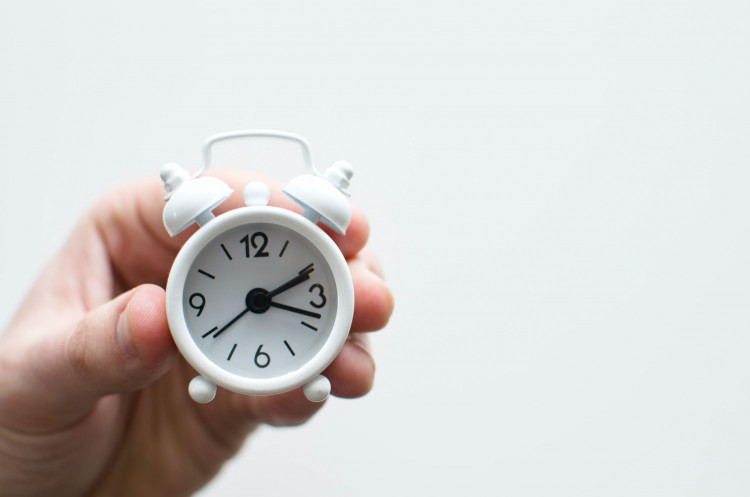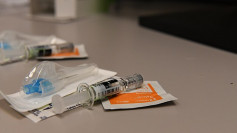Every year, the start of daylight saving time signals the beginning of spring. For some people, the time change might induce weariness or other major health problems.
We continue to "spring forward" with one 23-hour day to transition our clocks, which was first proposed over 200 years ago as a cost-effective way to maximize daylight hours and conserve candles.
According to the American Heart Association, the change can affect your heart and brain in addition to exhaustion. In the first few days of daylight saving time, hospital admissions for atrial fibrillation, a kind of abnormal heartbeat, as well as heart attacks and strokes, rise.
"Daylight saving time feels kind of like jetlag from traveling across time zones," said Dr. Angela Holliday-Bell, a pediatrician and certified clinical sleep specialist.
"Your body needs time to readjust to a new light/dark cycle, so it can be hard on the body and hard on sleep," Holliday-Bell told ABC News.
This cycle, also known as the circadian rhythm, is a fine-tuned system that our bodies employ to manage time. That cycle lasts roughly 24 hours and 15 minutes for most people.
"It dictates all the processes that occur in your body -- including sleep, wake and digestion," said Holliday-Bell. Even the immune system is controlled by your circadian rhythm, meaning "when you lose an hour, you're losing some immune function as well," she explains.
Sleep deprivation can also impair executive function in the brain, which explains why there has been an increase in car accidents since the switch to daylight savings time. Mood might be affected as well.
Experts agree that there are numerous ways to prepare your body for daylight savings time throughout the year and in the days leading up to it.
Make the most of natural light.
The largest influence on circadian rhythms is light. When you first get up, get as much natural light as possible. This helps to establish your circadian rhythm.
Begin winding down early in the evening.
Even adjusting your sleep-wake cycle for a few days can help you feel more rested. In the days leading up to the clock's reset, try increasing your bedtime by fifteen minutes at a time until you've gained the one hour you'll lose on Sunday.
Caffeine should be minimized.
The extra coffee may seem required to get through the exhaustion, but it is not good for your heart. It also has a long half-life in the body, which can interfere with the ability to fall asleep or sleep soundly in the evening.
Gradual changes in your lifestyle throughout the year, as well as a deliberate effort in the days coming up to the transition, can assist to mitigate the disruption to your circadian rhythm, allowing you to save daylight without sacrificing anything else.






